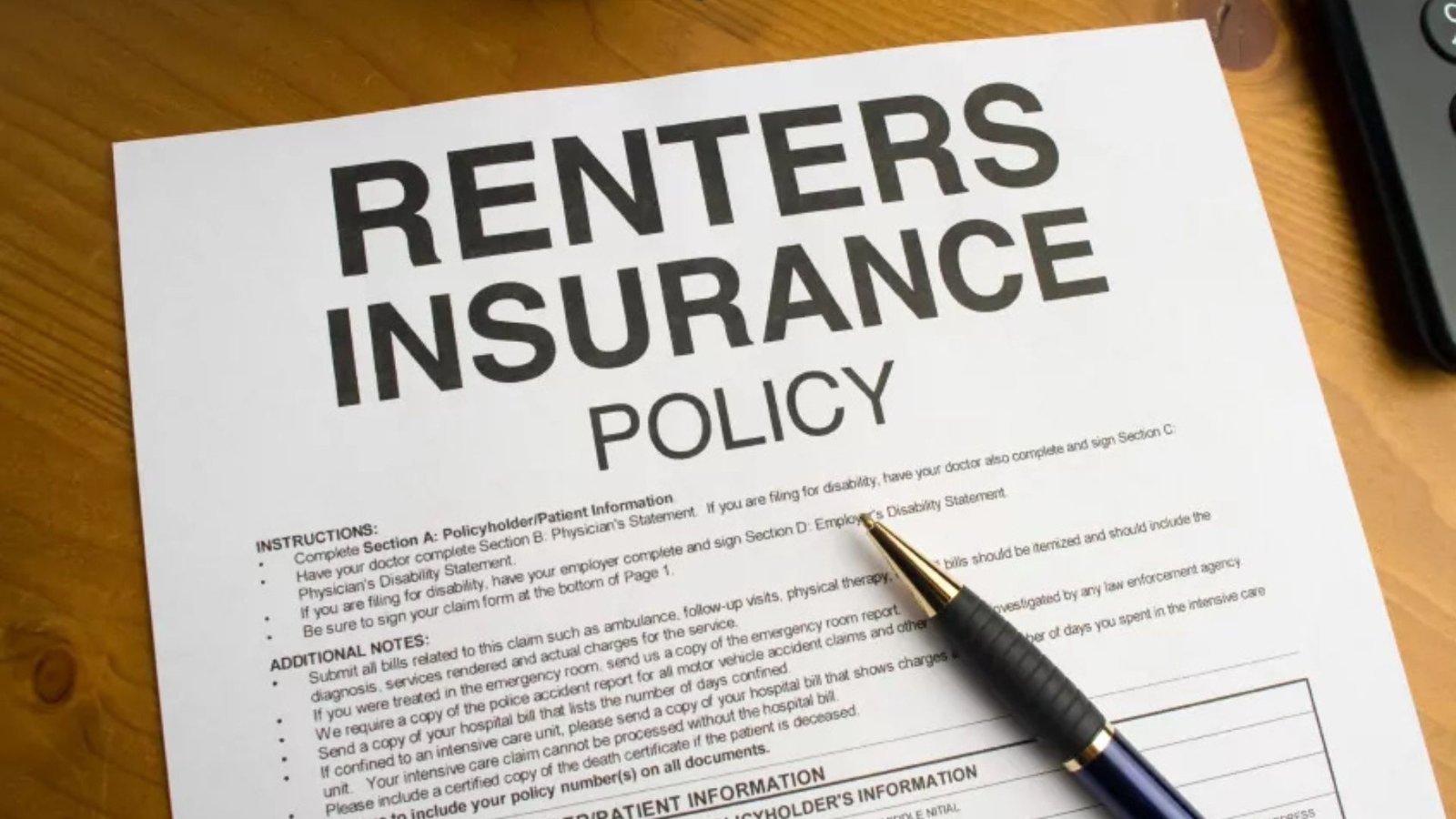Running a small business can be a rewarding experience. However, with it comes a range of risks. To protect your business and ensure its growth, it’s crucial to have the right insurance in place. In this guide, we’ll explore essential insurance tips for small business owners.

Assess Your Business Needs for Proper Coverage
The first step is to assess your business’s specific needs. Every business is different, and so are the risks they face. For example, a retail shop may need property insurance, while a tech startup may need cybersecurity coverage. Evaluate the nature of your business, your assets, and potential liabilities. By understanding these factors, you can choose the right type of insurance to cover your needs.
Choose the Right Types of Insurance
There are various types of insurance that small business owners should consider. The most common include:
- General Liability Insurance: Protects against claims for bodily injury or property damage.
- Property Insurance: Covers your physical assets like buildings, inventory, and equipment.
- Workers’ Compensation Insurance: Required if you have employees. It covers medical expenses and lost wages for employees injured on the job.
- Professional Liability Insurance: Also known as errors and omissions insurance, it protects against claims of negligence or mistakes in services rendered.
These coverages can significantly reduce financial risks. Consider consulting an insurance agent who specializes in small business policies to ensure you select the right combination.
Understand the Importance of Business Interruption Insurance
One often overlooked insurance is business interruption insurance. This policy covers lost income if your business is forced to close temporarily due to a disaster, such as a fire or natural calamity. Small business owners often underestimate how vital this coverage can be. In the event of an emergency, it can provide the funds necessary to cover ongoing expenses like rent and salaries. This insurance ensures that your business remains stable during challenging times.
Review and Update Your Policies Regularly
Insurance isn’t a one-time purchase. As your business evolves, your insurance needs will change as well. Therefore, it’s essential to review your policies regularly. If you expand your business or acquire new assets, your coverage may need to be adjusted. Make sure your insurer is aware of any changes. Regular updates will help ensure that you’re not overpaying or under-insured.
Shop Around for the Best Rates
Insurance costs can vary significantly from one provider to another. Don’t settle for the first quote you receive. Take the time to shop around and compare policies. Consider the level of coverage, the premium, and the deductible. Be wary of policies with lower premiums that may offer insufficient coverage. It’s crucial to balance affordability with adequate protection.
Conclusion: Protect Your Business for Long-Term Success
In conclusion, insurance is vital for small business owners. By understanding your risks, selecting the right coverage, and reviewing your policies regularly, you can protect your business from unexpected events. Business insurance not only safeguards your assets but also provides peace of mind, allowing you to focus on growing your business. Don’t wait until it’s too late; take action now to ensure your business’s long-term success.











